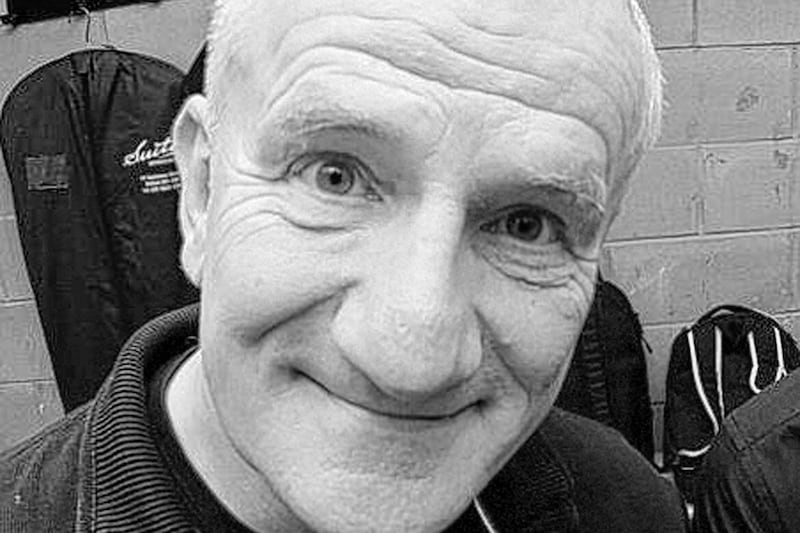WHILE Brexit was obviously the issue at the top of all parties’ agendas at this election, another recurrent theme, especially from Labour, was billionaires not paying their fair share of tax.
When I was a boy, billionaires were so rare everyone knew most of them by name – people like John Paul Getty, Howard Hughes and Aristotle Onassis – and quite a bunch of characters they were. Getty was famously parsimonious, installing a payphone in his mansion for his guests. Hughes spent the last years of his life a recluse, paradoxically dying of starvation and surrounded by bottles of his own urine, and Onassis married the widow of President Kennedy.
Today, there seem to be as many billionaires as there were once millionaires. In 1987 there were 140 billionaires in the world, with a collective worth of £300 billion. That number has risen in the past 30 years to 2,153, with an aggregate worth of £8.7 trillion. Put in perspective, if today’s billionaires were a country, they’d be the eighth wealthiest in world.
These people aren’t the often-commented-upon 1 per cent; they are the .0001 per cent and their number continues to grow. The last great communist state, China, has 100 billionaires in its Parliament while Russia creates two new billionaires every week.
The gap between those who ‘have nothing’ and those who ‘have everything’ is at its widest in recorded history and one thing history teaches is that when the imbalance between the rich and poor becomes too wide, realignment inevitably occurs.
For instance, previous realignments such as the French Revolution in 1798 and the Russian Revolution in 1917 were both preceded by obscene levels of social inequality. While such historic revolts were confined to nation states, we may be living through a period where the developed world, in totality, may be facing into yet another realignment.
Today’s uber-rich spend a great deal of time and money hiding their wealth from both the public and governments who might have the temerity to ask them to pay tax. The world is dotted with what are euphemistically called tax havens, where vast amounts of wealth are anonymously secreted away.
The publication of what became known as the ‘Panama Papers’ in 2016 allowed, for the first time, a unique glimpse into the murky world of tax avoidance. Detailing more than 214,000 offshore entities, the papers revealed everyone from the queen to footballer Lionel Messi availing of tax havens. The famous quote of ‘Queen of Mean’, US socialite and millionaire Leona Helmsley, that “only the little people pay taxes” never seemed more relevant.
What I’d term ‘obscene wealth’ became visible to me on visits to London. As someone who’s visited the city for most of my life for both work and pleasure, I’ve noticed a dramatic socio-economic shift over the past decade.
There’s always been rich people in London; I remember playing comedy clubs there during the height of the property boom when money seemed inexhaustible. One particular night, I spent half my time on stage dealing with a group of yuppies who repeatedly shouted ‘Paddy’ at me onstage. I was surprised they hadn’t been chucked out as this particular club had a strict code of conduct.
When I came off stage, I asked the embarrassed club owner why they’d been allowed to stay. He explained the ‘yobs’ were regulars, who happened to be stockbrokers, and their tipple was bottles of champagne at £250 a pop. No wonder he’d cut them some slack.
The excesses of the 1980s pale into insignificance compared to the excess of today, with London the preferred domicile for billionaires from around the world. Russian oligarchs feel more secure in their beds in London than they would in Moscow, where they’d be worried Mr Putin might have a bad day. Saudi princes use the city as their preferred getaway destination in the summer, when temperatures peak back home.
Not willing to leave their fleets of luxury cars at home, they hire cargo planes and fly them over. Only in London could boroughs such as Knightsbridge have residents complaining about the sound of million-pound Lamborghinis roaring up and down their narrow streets.
With such overt exhibitions of wealth, the day is rapidly approaching when yet another social adjustment is due. A backlash is growing among the 99 per cent, many of whom are now surviving as the working poor, dependent on food banks and living in squalid housing.
The 000.1 per cent may yet find themselves confined in gilded cages, unable to avail of even the simplest pleasures.









